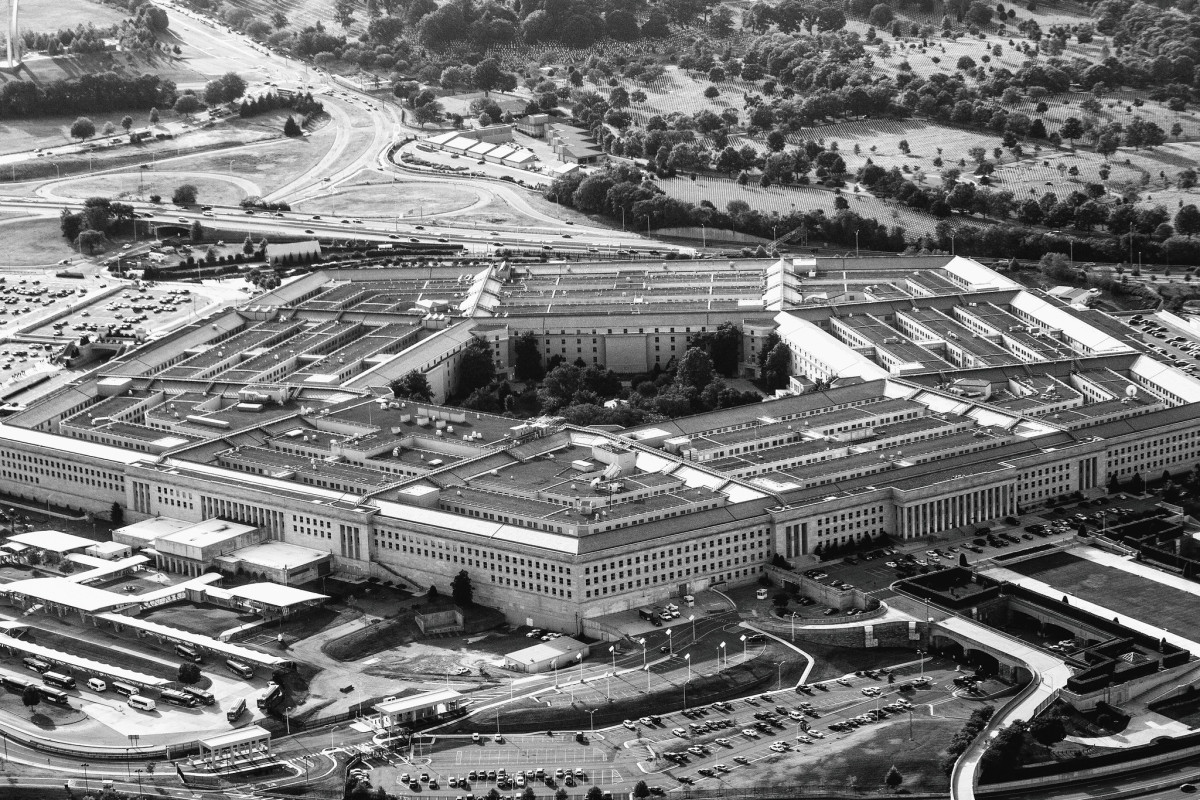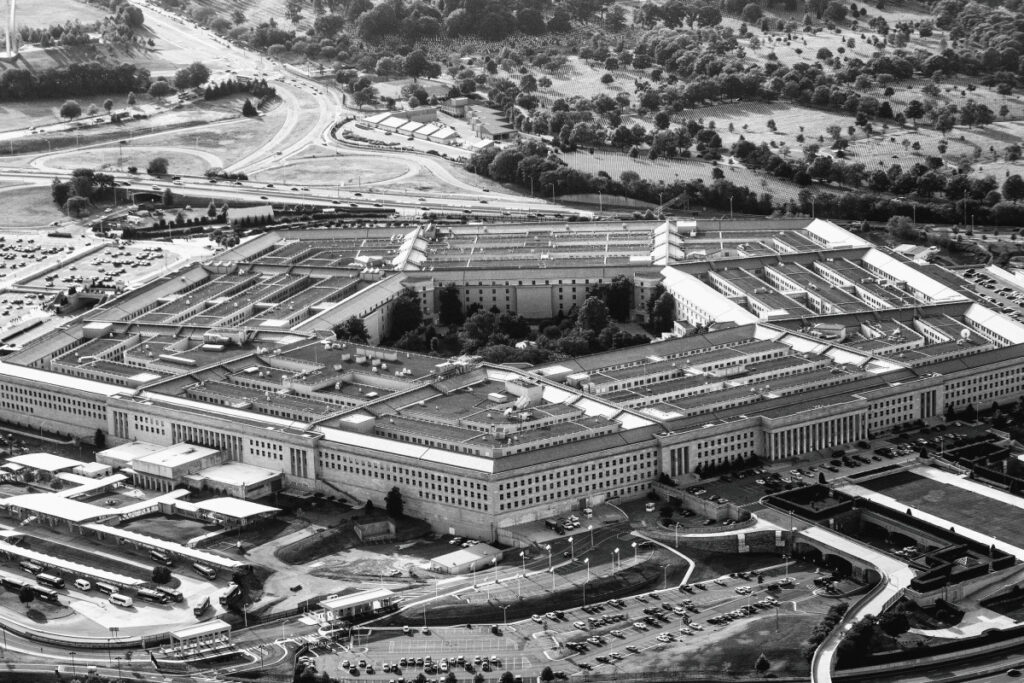
It’s one of the stranger phenomena on this planet. By 2023, the U.S. was estimated to spend more money on its “defense budget” than the next 10 countries combined. Yes, the next 10! And yet, whether you’re talking about Korea and Vietnam in the last century, or Afghanistan, Iraq, and so many other places involved in what came to be known as the “war on terror” in this one, the U.S. hasn’t won a conflict of any significance (or even insignificance) in recent memory.
Take, for example, Somalia. As Nick Turse reports at the Intercept, the U.S. has been involved in a conflict with what became al-Shabab, a local branch of al-Qaeda, since its special operations forces were first dispatched there in 2002. In the years that followed, conventional troops and air power were added to the mix. In 2007, the U.S. military made its first air strike there and at least 280 air attacks and commando raids on al-Shabab have followed. The result, as Turse notes: “Last year, deaths in Somalia from Islamist violence hit a record high of 7,643 — triple the number in 2020… [including] a 22% rise in fatalities from terrorism in Somalia from 2022 to 2023,” while “violence has increasingly bled across the border into Kenya.”
And that’s about as close to success as the war on terror gets. Meanwhile, last year Congress responded (as always) by passing a record Pentagon budget of $886 billion on its way, it seems, to the trillion-dollar mark in the foreseeable future. Quite a record, all in all, when it comes to squandering your tax dollars on the military-industrial-congressional complex. But let retired Air Force Lieutenant Colonel, historian, and TomDispatch regular William Astore fill you in on what it would now mean (and would have meant once upon a time) to cut that budget in a significant fashion — and then, of course, dream on. Tom
Daring to “Look a Sacred Cow in the Teeth”
Military Spending and National (In)Security
By William J. Astore
In an age when American presidents routinely boast of having the world’s finest military, where nearly trillion-dollar war budgets are now a new version of routine, let me bring up one vitally important but seldom mentioned fact: making major cuts to military spending would increase U.S. national security.
Why? Because real national security can neither be measured nor safeguarded solely by military power (especially the might of a military that hasn’t won a major war since 1945). Economic vitality matters so much more, as does the availability and affordability of health care, education, housing, and other crucial aspects of life unrelated to weaponry and war. Add to that the importance of a Congress responsive to the needs of the working poor, the hungry and the homeless among us. And don’t forget that the moral fabric of our nation should be based not on a military eternally ready to make war but on a determination to uphold international law and defend human rights. It’s high time for America to put aside its conveniently generic “rules-based order” anchored in imperial imperatives and face its real problems. A frank look in the mirror is what’s most needed here.
